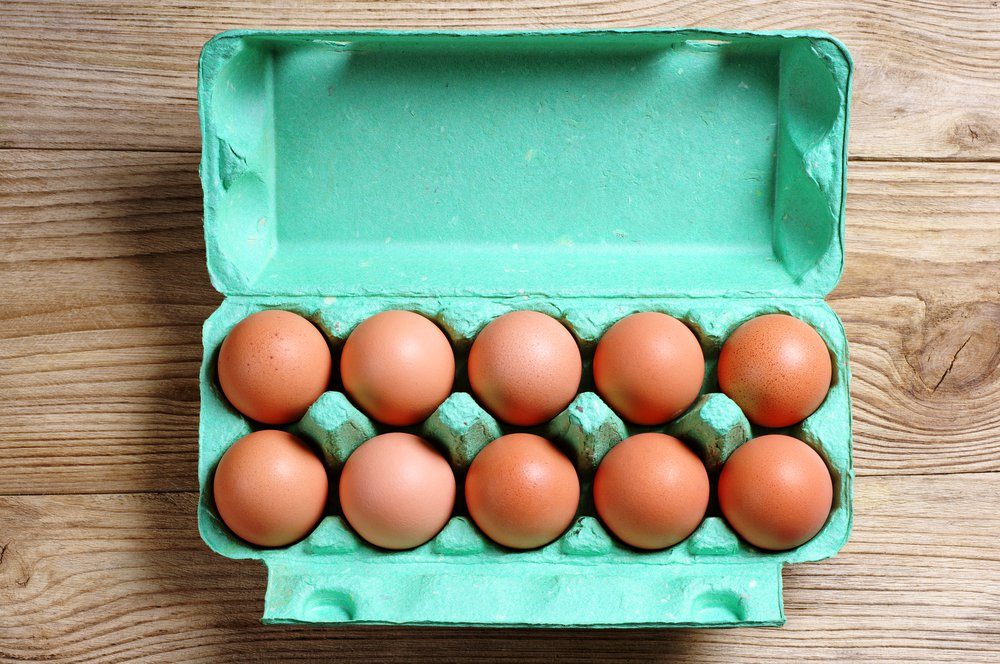Is It Safe to Leave Eggs on the Counter?
Storing your eggs out on the counter isn't all it's cracked up to be. Keep reading to learn where you should be storing your eggs and why.

Why it’s not safe
We’ve all been there: You either forgot to put the egg carton back in the fridge after whipping up an amazing breakfast or got distracted while putting away your grocery store haul. Whichever way, your eggs ended up staying on the counter way longer than you intended. So the question is, are they still any good?
Unfortunately, eggs left out on the counter for more than two hours need to be tossed. This is because eggs are susceptible to salmonella contamination due to how they’re processed before they get to the grocery store. The same can’t be said for eggs in Europe.
Eggs can be contaminated with salmonella before they leave the farm, either because the hen is infected (the bacteria doesn’t make them sick) or the egg comes into contact with dirt and fecal matter after it’s laid. Due to this risk, the U.S. Food and Drug Administration requires egg farmers to thoroughly wash, dry, sanitize and refrigerate eggs before they’re shipped off. This process removes any potential salmonella from the shell but does slightly thin it and removes some of its natural protection. So, the eggs are almost immediately refrigerated to prevent any new bacteria introduction (salmonella flourishes in temperatures between 4-60°C).
Once the eggs have been refrigerated, letting them sit unrefrigerated is a big no-no. Transferring eggs from your fridge to the kitchen counter can cause condensation on the eggshell. Water and warm temperatures are a breeding ground for salmonella, meaning the water on the eggshell exposes the egg to contamination. Even if the room-temperature eggs don’t have condensation on them, bacteria can still contaminate them through the thinned shell.
How long do eggs last?
When kept in a refrigerator at 4°C or lower, eggs can last up to five weeks. You should keep your eggs on one of the refrigerator’s shelves—the door is one of the warmest parts of the fridge.
After those five weeks, air will have seeped through the shell and started to break down the yolk and white.
The symptoms of salmonella aren’t worth the risk, so even if you think your eggs might be OK after some time on the counter, it’s better to be safe than sick.
Next, learn about the foods you could be spoiling by storing in the fridge.




